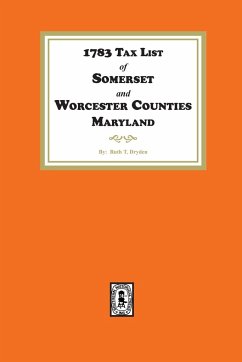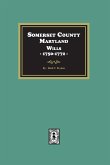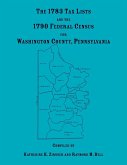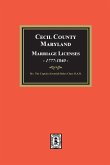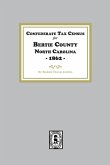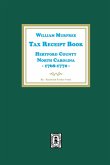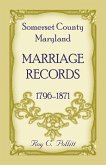By: Ruth T. Dryden, Pub. 1974, reprinted 2024, 114 pages, Index, soft cover, ISBN #978-1-63914-238-5. Somerset County became a county in 1666. It is located in the extreme southern section of the state bordering the Chesapeake Bay. Early English settlers began showing up here from the State of Virginia, partly due to Virginia's religious stance to Quakers fleeing the state. Later other settlers of Anglican faith from Accomack County Virginia followed. Early on, Somerset County had its issues with boundary disputes with Sussex County, Delaware and Accomack County, Virginia. Worcester County became a county in 1742. It is located in the extreme southern section of the state bordering the Atlantic Ocean and Sussex County, Delaware. Early on, English, Irish and German immigrants settled this area. Due to being a border state, Worcester County had a very large population of Free people of color along with an active abolitionist movement. Tax Lists can be one of the most valuable tools available to researchers. When used carefully along with deeds and other legal records, one can construct a rather tight framework around an inhabitant of a given area. They are particularly useful in differentiating between person with identical names in the same area, and in pinpointing the time of their coming and going. These records include slaves by age and sex, horses, and cattle owned, type of houses and improvements, in some cases condition of land such as arable, woods, etc. The assessors in different 100's presented their returns differently, as no set form was provided.
Hinweis: Dieser Artikel kann nur an eine deutsche Lieferadresse ausgeliefert werden.
Hinweis: Dieser Artikel kann nur an eine deutsche Lieferadresse ausgeliefert werden.

